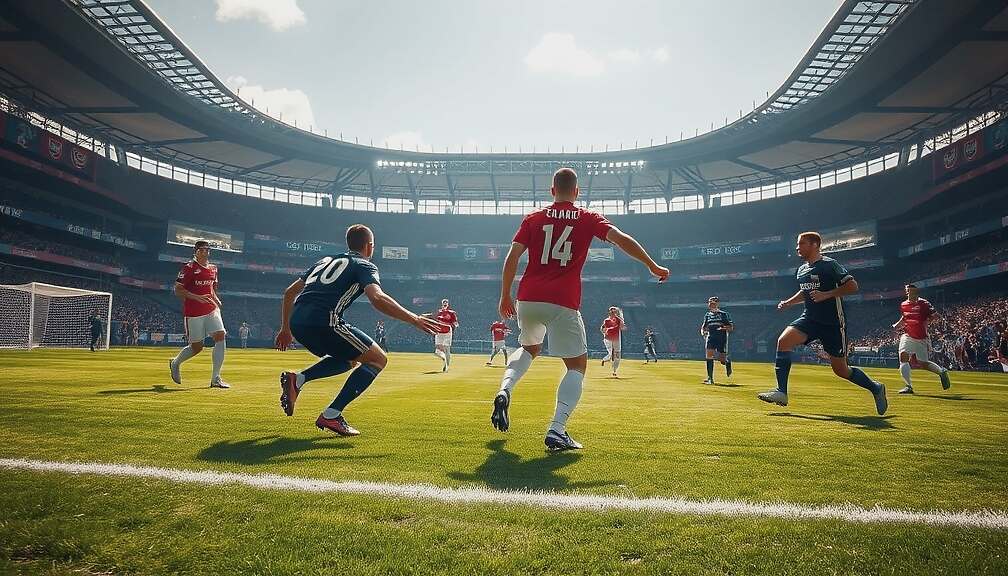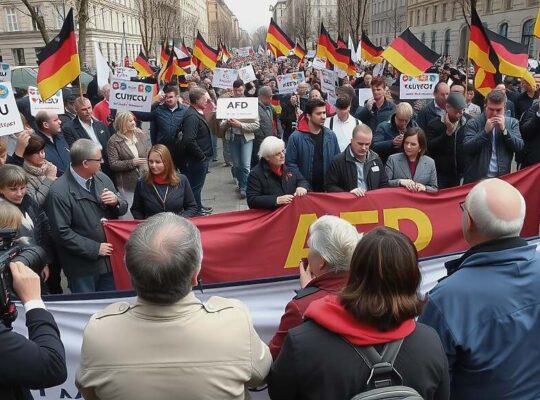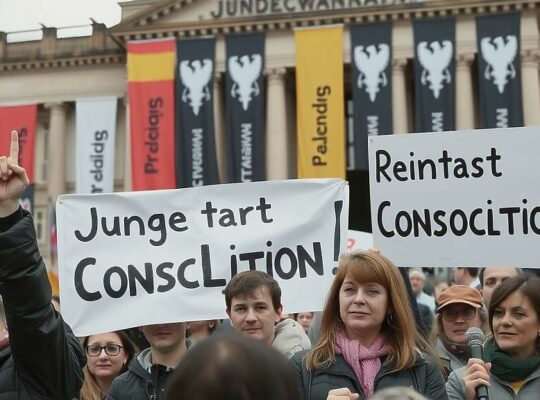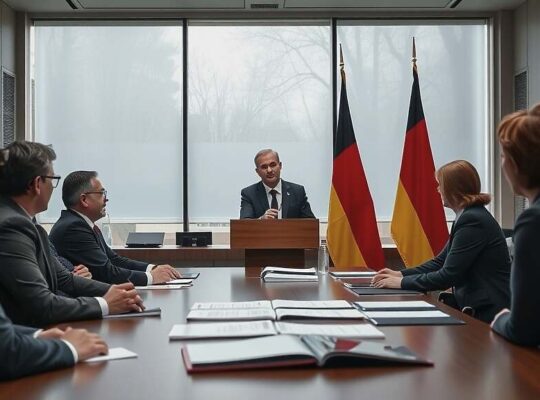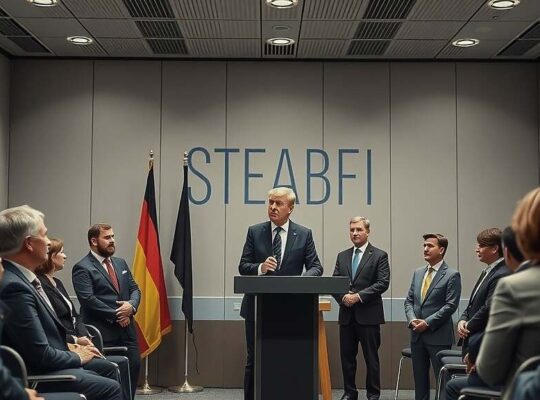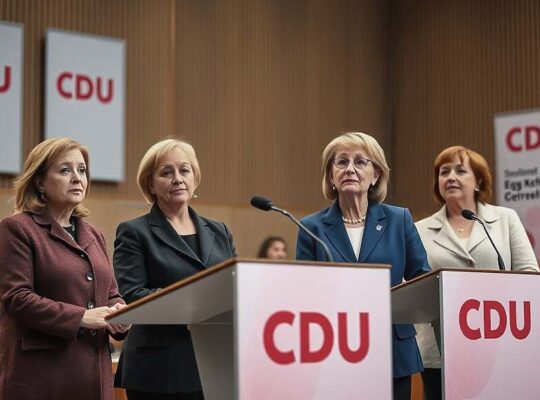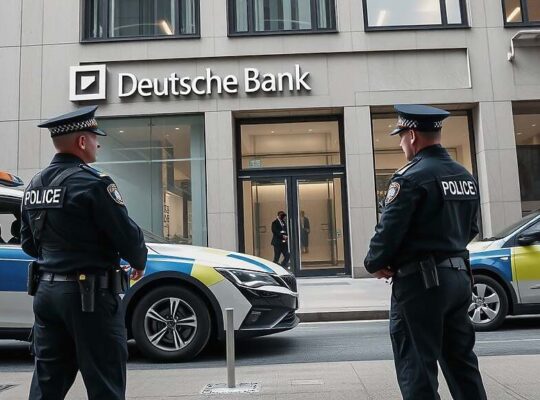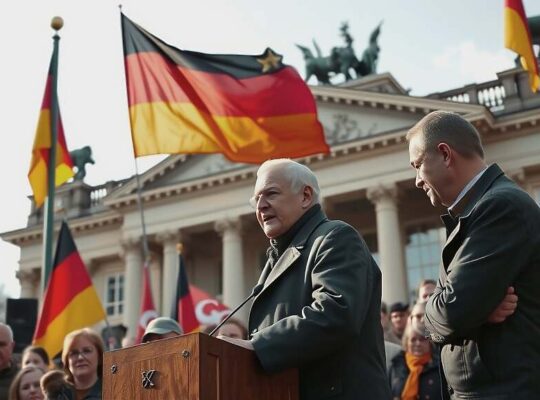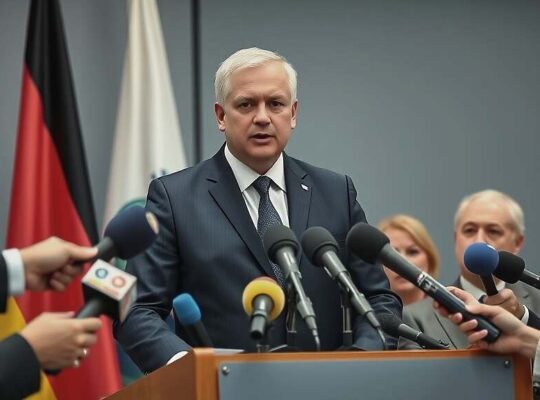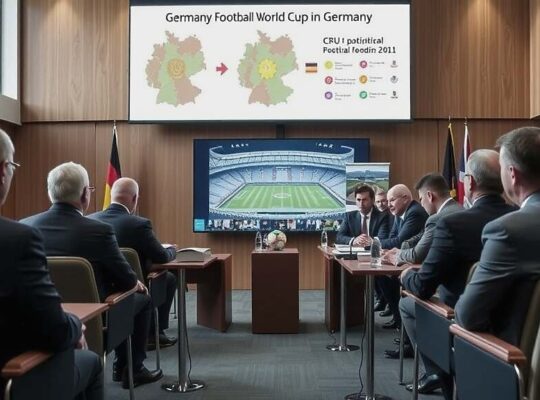Narrow Escape for Union Berlin Highlights Growing Disparity in German Football
The Bundesliga side Union Berlin narrowly avoided an embarrassing defeat in the second round of the DFB-Pokal, edging out second-division rivals Arminia Bielefeld 2-1 after extra time. The result, while securing Union’s progression, has sparked renewed debate regarding the increasingly apparent gap between Germany’s top tier and its second and the resilience of determined underdog teams.
Union Berlin started brightly, capitalizing on a well-placed free-kick delivered by Christopher Trimmel and converted by Leopold Querfeld in the 11th minute. However, Bielefeld quickly responded, demonstrating a tactical composure and attacking prowess that belied their league status. Just sixteen minutes later, Monju Momuluh capitalized on a Union error, nodding in a deserved equalizer.
For extended periods, Bielefeld seized control of the match, frequently troubling the Union defense and creating clear-cut chances. A missed opportunity by Sarenren Bazee, striking the post, highlighted the visitors’ ability to penetrate the Bundesliga outfit’s backline. Union struggled to regain their early dominance, a stark contrast to the perceived superiority expected of a top-division team.
The second half was a cagey affair, with Bielefeld continuing to display a fearless approach. Another near miss for the visitors, this time with Bazee hitting the woodwork, revealed a fragility within the Union ranks – a moment that exposed a concerning lack of control for the hosts.
As the match drew to a close during regular time, Bielefeld visibly prioritized defensive solidity, hoping to force a penalty shootout. Union’s attempts to secure a late winner were thwarted by resolute defending and a crucial save from Arminia goalkeeper Jonas Kersken against Danilho Doekhi.
The eventual extra time period was defined by misfortune for Bielefeld. A serious injury to Marvin Mehlem, compounded by having already exhausted all substitutions, left the side playing with ten men. This critical disadvantage proved decisive. Less than thirty seconds into the restart of extra time, Danilho Doekhi powered a header past Kersken, sealing Union’s victory.
The match serves as a worrying indicator of the increasingly precarious position of Bundesliga clubs against well-organized and motivated second-division opponents. While the result itself progresses Union further in the competition, it raises questions about the depth of quality within the Bundesliga and the consistent ability of top teams to overcome resilient, tactically astute rivals. The performance of Arminia Bielefeld, especially given the harsh reality of playing with a numerical disadvantage, underscores the growing need for Bundesliga sides to address a concerning decline in game management and defensive stability. The David versus Goliath narrative, once a predictable fixture in the DFB-Pokal, is evolving into a more complex and potentially unsettling trend for the established elite.


